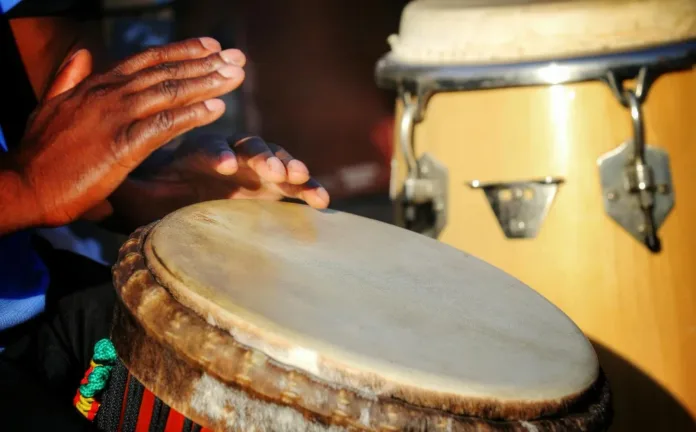Pakistan finalises landmark music policy to tackle piracy, copyrights and protect artists’ royalties
Pakistan has drafted its first-ever music policy aimed at tackling piracy, copyright violations and decades of neglect in the creative sector, according to Minister for Information and Broadcasting Marriyum Aurangzeb.
Speaking on Monday, Aurangzeb described the move as “big news for the industry” and confirmed the draft policy has been finalised. It is expected to be presented to the federal cabinet for approval after Eidul al-Adha. Once cleared, the ministry will begin implementation.
The new framework introduces wide-ranging incentives and legal protections for composers, producers, singers, lyricists and other stakeholders. Designed in line with international standards, the policy seeks to fill a vacuum that has existed since the 1970s, when no administrative or legislative parameters for the music industry had been introduced.
Aurangzeb acknowledged that Pakistan’s music industry has suffered heavily from intellectual property theft, with countless artists denied royalties for their work. “This policy will fully protect the rights of composers and musicians,” she said, stressing that artists’ rights covering performance, production, distribution, adaptation, duration, and communication would all be legally recognised for the first time.
The minister explained that the policy will also resolve disputes between users and licensees, while ending monopolistic practices that have long undermined the sector. “All issues and demands of the music stakeholders, including copyrights, would be resolved,” she pledged.
Embed from Getty ImagesBeyond legal protections, the draft outlines cultural initiatives to safeguard Pakistan’s diverse musical heritage. Specific measures are included to preserve classical traditions and promote folk music and regional performers. Aurangzeb said Pakistan’s music, rooted in a fusion of Sufi poetry and both classical and modern influences, is a vital part of the nation’s cultural identity. “Music could be termed the soul and spirit of Pakistani society,” she said.
For decades, artists have called on successive governments to modernise copyright laws and implement royalty systems that ensure they are compensated when their work is reused. Royalties provide crucial income when songs or performances are replayed, broadcast or otherwise repurposed.
Earlier this year, PTI Senator Faisal Javed introduced a royalties bill in the Senate aimed at amending the Copyright Ordinance 1962. The proposed amendment empowers the copyright board to fix royalties for licensing and assignments. Javed acknowledged that outdated laws have left artists without “rightful and just royalties” for far too long.
The new policy builds on those efforts by enshrining royalties and intellectual property protections in a comprehensive national framework. Supporters say the move could finally provide artists with financial security while also revitalising Pakistan’s struggling music industry.
Aurangzeb emphasised that the policy’s adoption would not only address long-standing grievances but also open opportunities for growth. With piracy tackled and copyrights enforced, stakeholders expect new investment in music production, distribution and promotion.
If approved by the cabinet, the policy would mark a turning point in Pakistan’s cultural governance, promising to transform an industry that has been left unregulated for nearly half a century. For musicians who have fought for recognition and fair pay, it could represent the long-awaited moment when their rights are finally protected under law.
